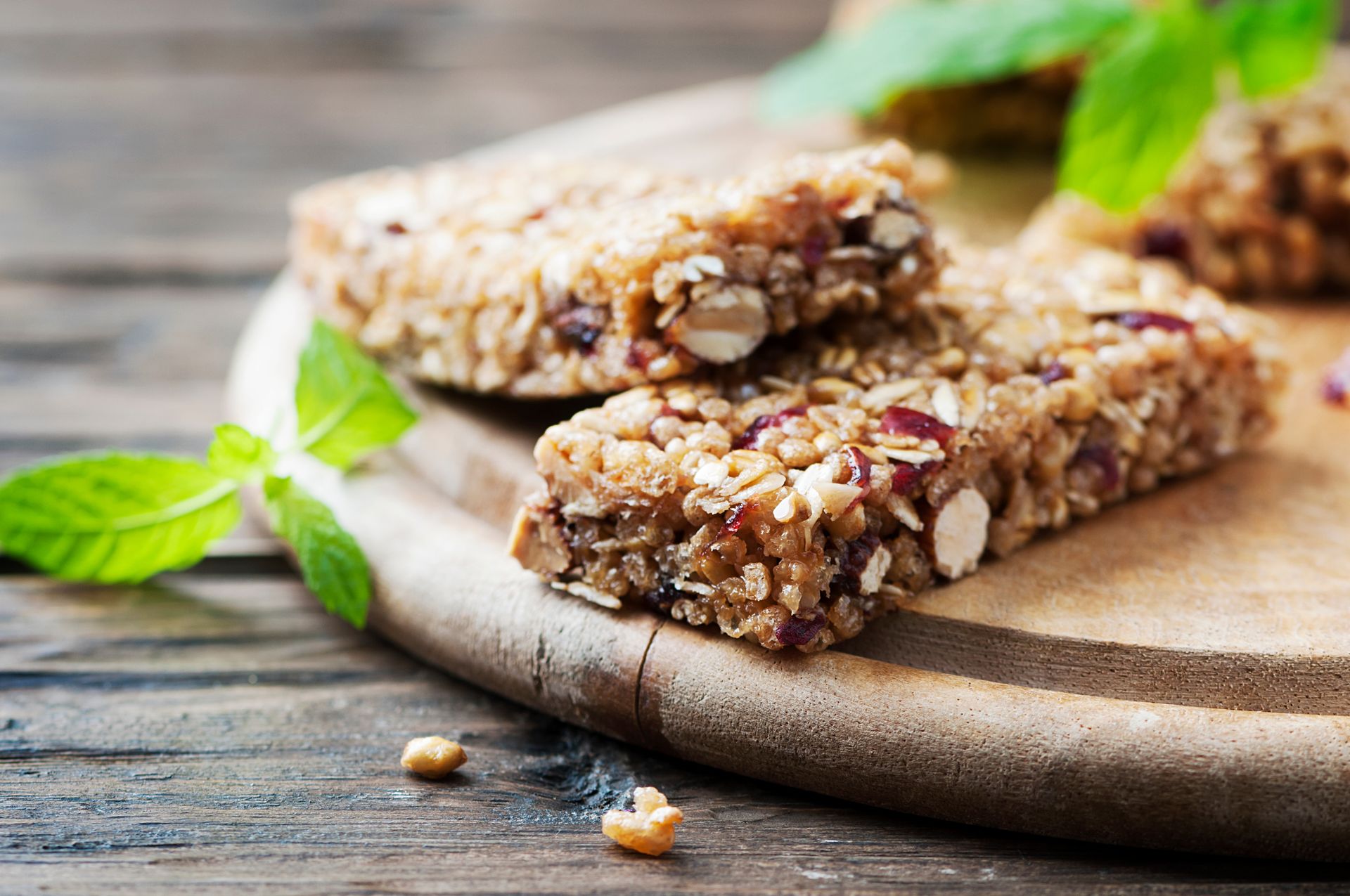How to eat for a healthy heart
It's important to note that there is no one-size-fits-all approach when it comes to heart health, and it's always best to consult with a healthcare professional before making any major changes to your diet. They can help you to develop a personalized plan that takes into account your individual health needs and goals. With the right diet, lifestyle and professional guidance, you can take steps to protect and promote your heart health. 2 / 2
Eating a healthy diet is one of the most important things you can do to maintain a healthy heart. The foods you eat can have a direct impact on your heart health, and making the right choices can help to lower your risk of heart disease. Here are some tips on how to eat for a healthy heart:
Include plenty of fruits and vegetables in your diet. Fruits and vegetables are high in vitamins, minerals, and antioxidants, which can help to protect your heart. They are also low in calories, which can help to maintain a healthy weight. Aim for at least 5 servings of fruits and vegetables per day.
Choose whole grains over refined grains. Whole grains, such as quinoa, oats, and brown rice, are high in fiber, vitamins, and minerals. They can help to lower cholesterol levels and reduce the risk of heart disease. Refined grains, such as white bread and pasta, have been processed and have had the fiber removed, which can increase the risk of heart disease.
Include healthy fats in your diet. Monounsaturated and polyunsaturated fats, such as those found in nuts, seeds, avocados, and fatty fish, can help to lower cholesterol levels and reduce the risk of heart disease. Avoid saturated fats, such as those found in butter, cheese, and fatty meats, as they can increase cholesterol levels and the risk of heart disease.
Limit your intake of added sugars. Added sugars, such as those found in sugary drinks and processed foods, can contribute to weight gain and an increased risk of heart disease. Try to limit your intake of added sugars to less than 6 teaspoons per day for women and 9 teaspoons per day for men.
Eat fish at least twice a week. Fish, especially fatty fish such as salmon, mackerel, and tuna, are high in omega-3 fatty acids, which can help to lower the risk of heart disease.
Watch your portion sizes. Eating large portions can contribute to weight gain, which can increase the risk of heart disease. Try to eat smaller portions and listen to your body's hunger and fullness signals.
Be mindful of sodium intake. Excessive sodium intake can raise blood pressure, which can increase the risk of heart disease. Try to limit your sodium intake to less than 2,300 milligrams per day and choose low-sodium options when possible.
Avoid smoking and limit alcohol intake. Both smoking and excessive alcohol consumption can increase the risk of heart disease.
By incorporating these tips into your diet, you can help to protect your heart and reduce your risk of heart disease. Remember to also maintain a healthy weight, get regular exercise, and manage stress as they also play a role in heart health.





